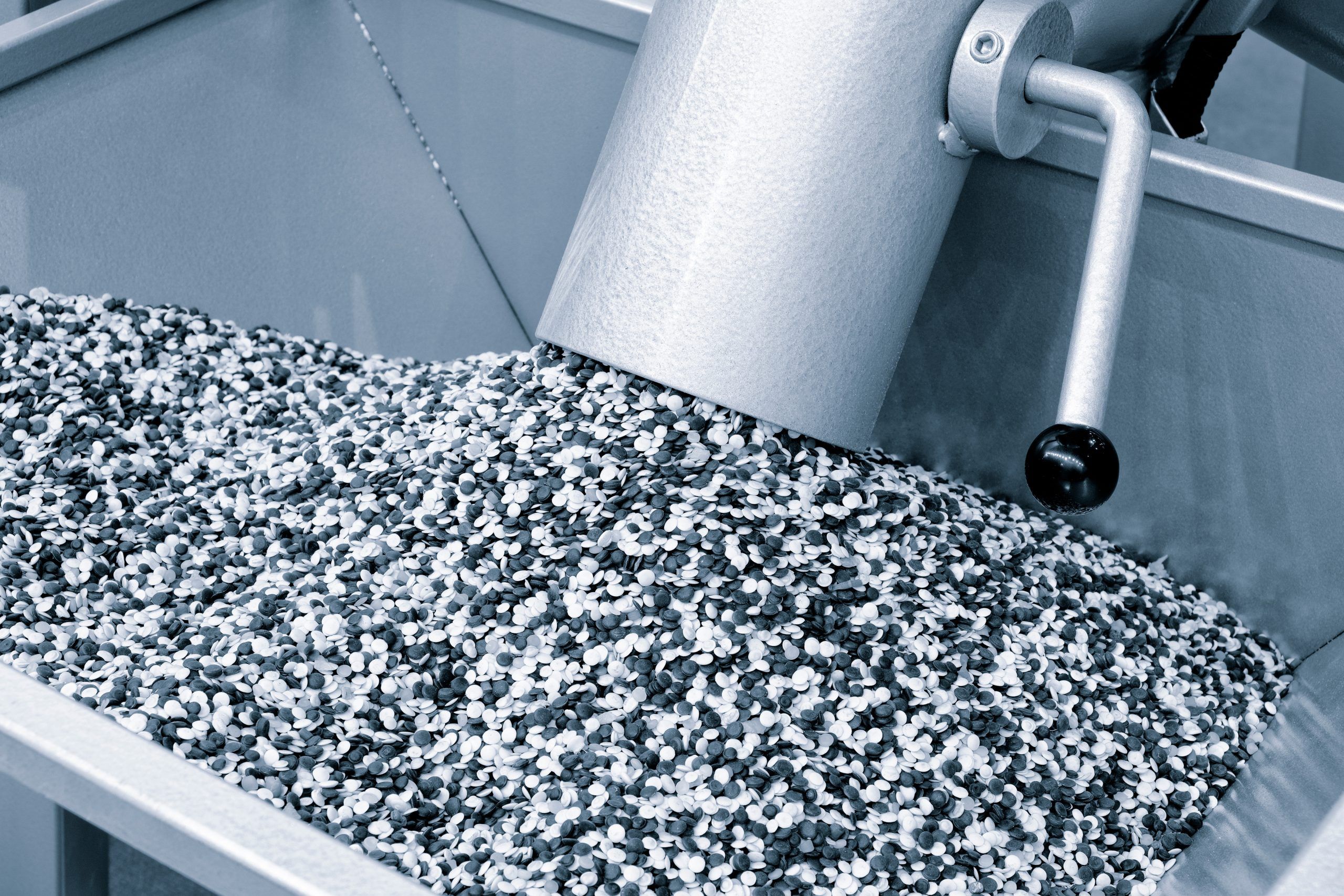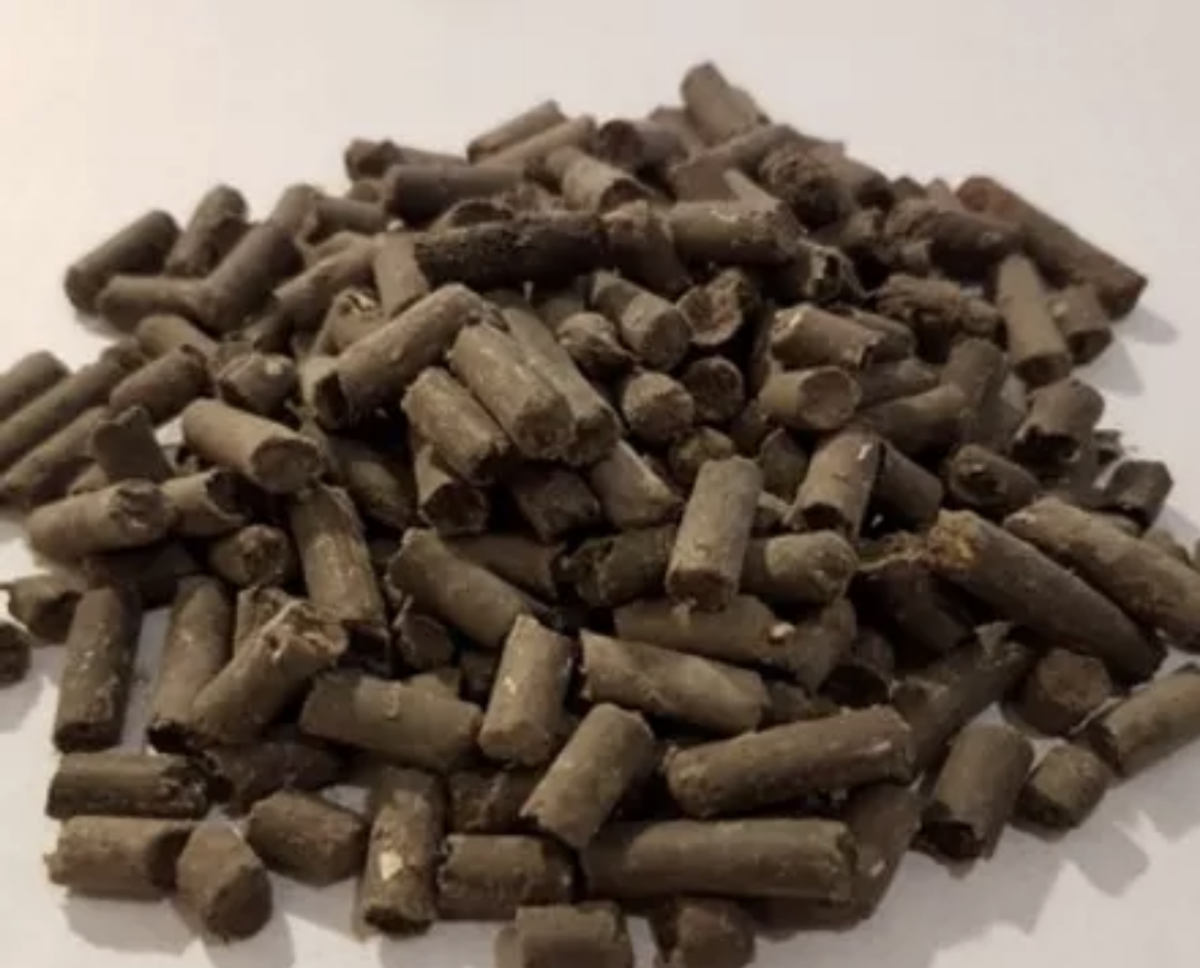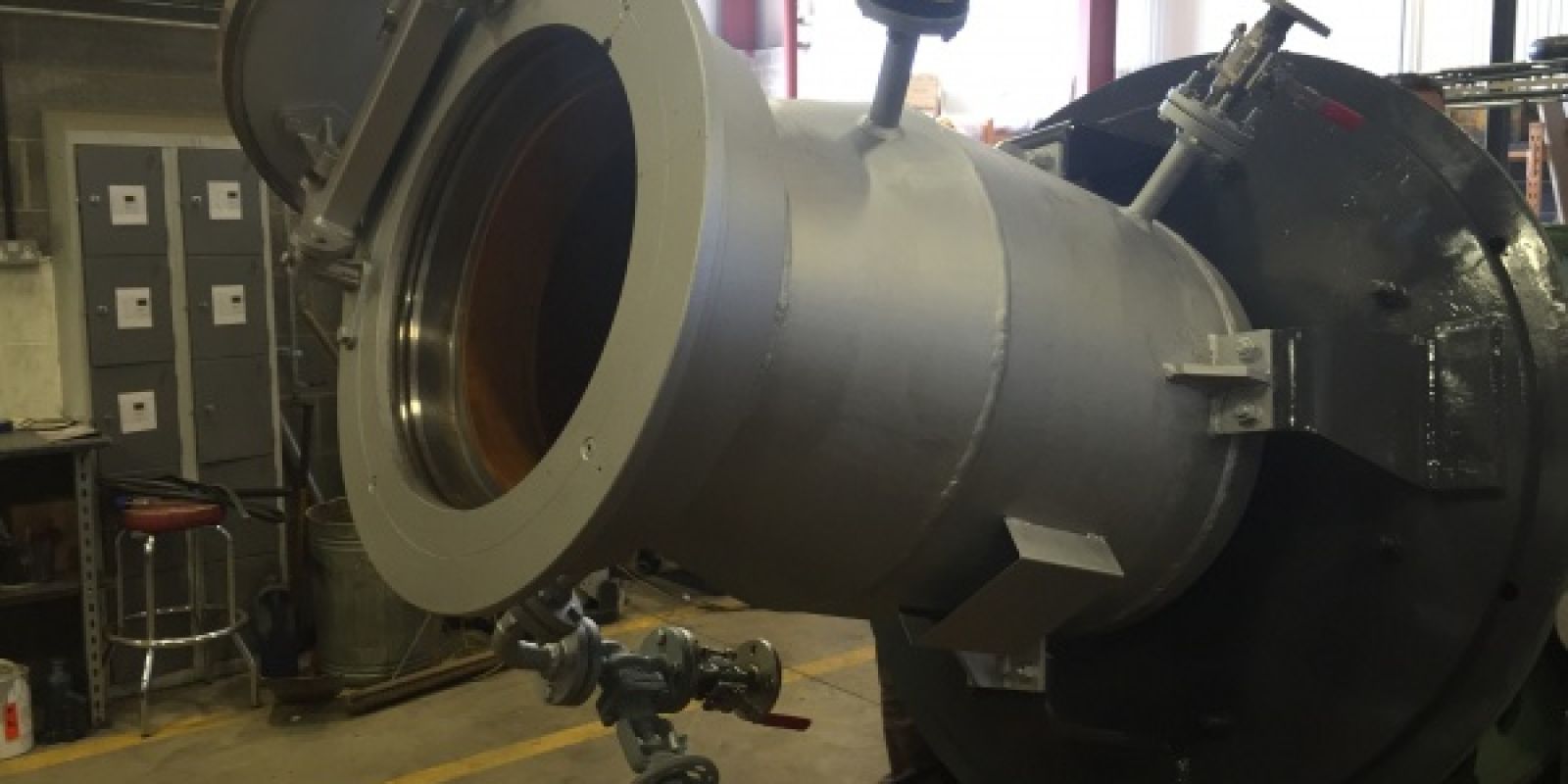
ECI Group has signed an agreement to license and market Wilson Bio-Chemical’s pioneering new Wilson System® of waste processing and the company’s energy dense, fully sanitized Wilson Fibre® created from municipal waste.
The patented Wilson technology – the result of decades of R&D – combined with ECI’s cutting-edge engineering expertise and global reach provides a platform for both parties to work together to fine-tune the system to meet specific environmental, market and client needs.
As well as sustainable biofuels, the Wilson System® can also produce high value chemicals and other green byproducts from municipal waste.














The Wilson System® uses autoclaves to convert a variety of municipal solid waste (MSW) into renewable energy in the form of biofuels. This technique helps provide energy security by ensuring societies are no longer totally dependent on imports or fossil fuels.

| Cookie | Duration | Description |
|---|---|---|
| cookielawinfo-checkbox-analytics | 11 months | This cookie is set by GDPR Cookie Consent plugin. The cookie is used to store the user consent for the cookies in the category "Analytics". |
| cookielawinfo-checkbox-functional | 11 months | The cookie is set by GDPR cookie consent to record the user consent for the cookies in the category "Functional". |
| cookielawinfo-checkbox-necessary | 11 months | This cookie is set by GDPR Cookie Consent plugin. The cookies is used to store the user consent for the cookies in the category "Necessary". |
| cookielawinfo-checkbox-others | 11 months | This cookie is set by GDPR Cookie Consent plugin. The cookie is used to store the user consent for the cookies in the category "Other. |
| cookielawinfo-checkbox-performance | 11 months | This cookie is set by GDPR Cookie Consent plugin. The cookie is used to store the user consent for the cookies in the category "Performance". |
| viewed_cookie_policy | 11 months | The cookie is set by the GDPR Cookie Consent plugin and is used to store whether or not user has consented to the use of cookies. It does not store any personal data. |